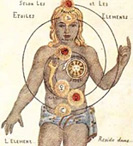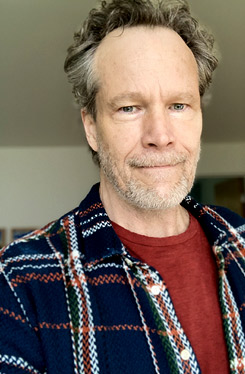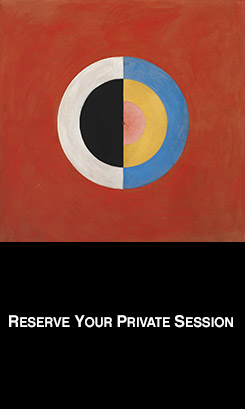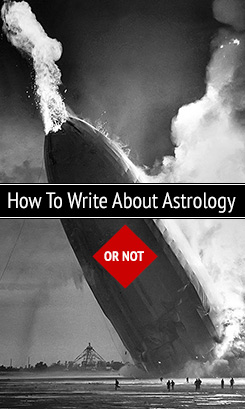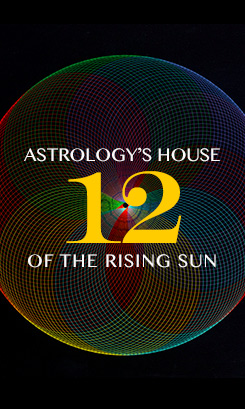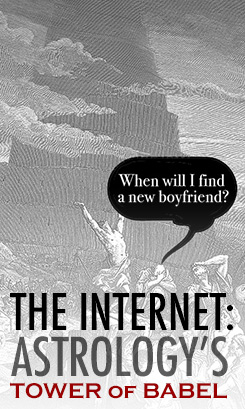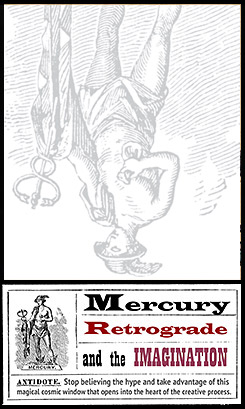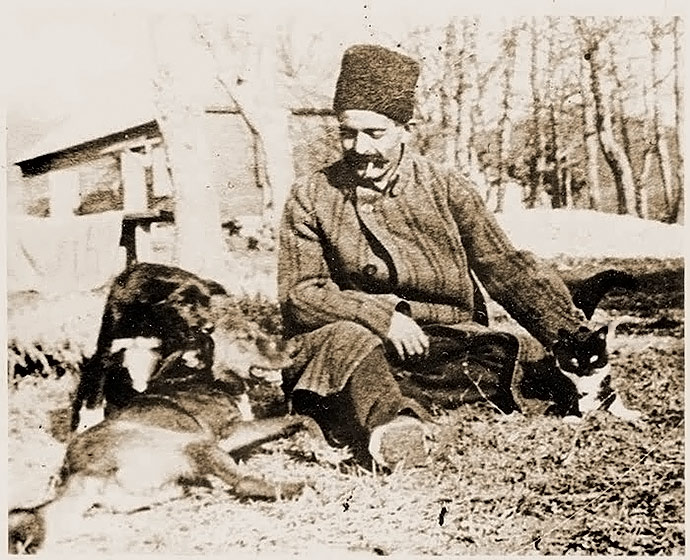Essence and The Necessity of Personality
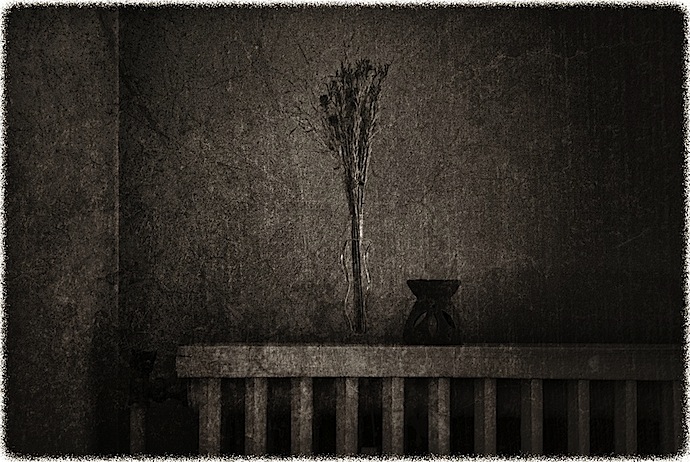
“In order to develop from any of the three ordinary types into higher orders of being it is necessary to crystallize and temper essence into a permanent and unifeid “I.”
This is done mainly by instigating a struggle between essence and personality.
Both essence and personality are necessary for this work: essence must have personality or it will not wish to develop. Personality provides the material to study, the obstacles to overcome, the temptations to resist, the delusions to invalidate, and in the process of struggling with and testing itself against personality, essence gains in strength and maturity.
This battle is what Islam calls the holy war (jihad) and in this war the more evenly matched the opposing sides, the greater the intensity of combat and the more thorough the destruction and renewal entailed.”
— Kathleen Riordan Speeth
Questions and Answers With G.I. Gurdjieff: The Illusion of Doing
Man is a plural being.
When we speak of ourselves ordinarily, we speak of ‘I.’ We say, ” ‘I’ did this,” ” ‘I’ think this,” ” ‘I’ want to do this”—but this is a mistake. There is no such ‘I,’ or rather there are hundreds, thousands of little ‘I’s in every one of us. We are divided in ourselves but we cannot recognize the plurality of our being except by observation and study.
At one moment it is one ‘I’ that acts, at the next moment it is another ‘I.’ It is because the ‘I’s in ourselves are contradictory that we do not function harmoniously. We live ordinarily with only a very minute part of our functions and our strength, because we do not recognize that we are machines, and we do not know the nature and working of our mechanism.
1) sleep, in which our machine still functions but at very low pressure.
2) waking state, as we are at this moment. These two are all that the average man knows.
3) what is called self-consciousness. It is the moment when a man is aware both of himself and of his machine. We have it in flashes, but only in flashes.
Read the entire post here.
Secrets of the Heart: Love is an Action
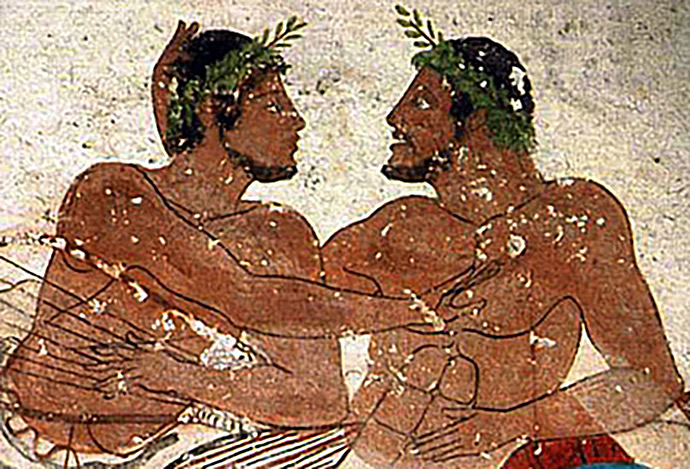
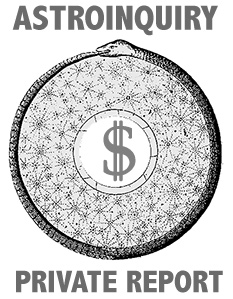
learn to love people.”
— G.I. Gurdjieff
Rumi composed a small eruption of a poem about love’s most beguiling and dangerous qualities. This gem of verse marks out, like a Morse code, the action, the alchemy of love. I’ve revisited this poem many times, and with each close reading new facets are revealed, sharper insights gleaned. It’s the gift that keeps on giving.
Love comes sailing through and I scream.
Love sits beside me like a private supply of itself.
Love puts away the instruments
and takes off the silk robes. Our nakedness
together changes me completely.
The opening conveys abrupt immediacy. Things are one way one minute and then — a surge: “Love comes sailing through…” Sailing evokes being on an ocean, perhaps the Sargasso Sea where we often drift in the humdrum trance of our day-to-day life. But then the majesty of love glides in. Also, the word ‘sailing’ connotes a particular sound, the movement of Cupid’s arrow perhaps?
Love’s entrance — and then: a scream. Not a yell or a shout. A scream. A kind of fright or terror. The shock of love. Rumi is writing about the ego’s perception and reaction to love. Unnerving, startling — a harbinger for what exactly?
P.D. Ouspensky wrote in Tertium Organum: “Love is the potent force that tears off all masks, and men who run away from love do so in order that they may preserve their masks.” I guess that would explain the screaming.
Should we endure, there’s the promise of an intimate alignment, a regulation that calms the initial shock: “Love sits beside me like a private supply of itself.” This line enchants me, the image it calls forth. “…like a private supply of itself.” This speaks to the notion that we are each a localized, unique expression of love — and when we experience love we’re given the opportunity, through the mirror of the Beloved, to remember, to see this condition. We relax, perhaps unaware of the disarming that will follow.
“Love puts away the instruments and takes off the silk robes.” Now Rumi’s describing another love action — the revealing, the stripping — making naked. The initial reading is a prelude to sex, and this can work in the poem too. But there’s something more; the instruments, the clothing — the ways the ego displays its talents, or how it hides behind a facade — all of that’s got to go in the presence of love. Nakedness implies as much. Read more
G.I. Gurdjieff: The Necessity of a Teacher
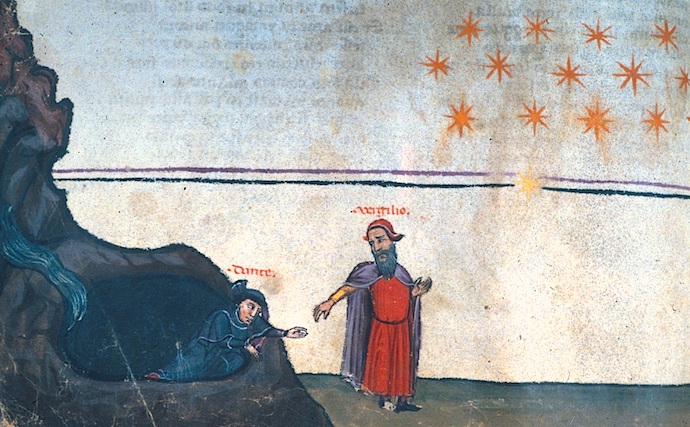
“To a man who is searching with all his being, with all his inner self, comes the unfailing conviction that to find out how to know in order to do is possible only by finding a guide with experience and knowledge, who will take on his spiritual guidance and become his teacher.
And it is here that a man’s flair is more important than anywhere else. He chooses a guide for himself. It is of course an indispensable condition that he choose as a guide a man who knows, or else all meaning of choice is lost.
Who can tell where a guide who does not know may lead a man?
Every seeker dreams of a guide who knows, dreams about him but seldom asks himself objectively and sincerely—is he worthy of being guided? Is he ready to follow the way?
Go out one clear starlit night to some open space and look up at the sky, at those millions of worlds over your head. Remember that perhaps on each of them swarm billions of beings, similar to you or perhaps superior to you in their organization.
Look at the Milky Way. The earth cannot even be called a grain of sand in this infinity. It dissolves and vanishes, and with it, you.
Where are you? And is what you want simply madness?
Before all these worlds ask yourself what are your aims and hopes, your intentions and means of fulfilling them, the demands that may be made upon you and your preparedness to meet them.
A long and difficult journey is before you; you are preparing for a strange and unknown land.
The way is infinitely long. You do not know if rest will be possible on the way nor where it will be possible. You should be prepared for the worst. Take all the necessities for the journey with you.
Remember where you are and why you are here. Do not protect yourselves and remember that no effort is made in vain. And now you can set out on the way.”
–G.I. Gurdjieff
Views from the Real World: Early Talks of Gurdjieff
Horror as a Prompt for Awakening
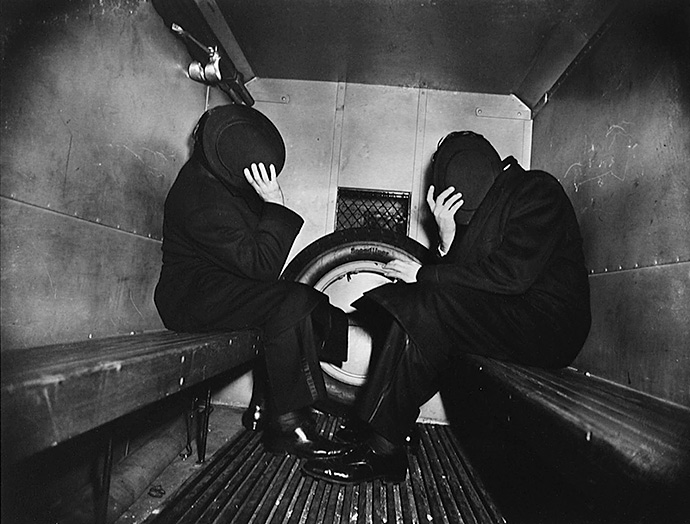
“Human beings are attached to everything in this life; attached to their imagination, attached to their ignorance, attached to their fear, attached even to their own suffering — and possibly to their own suffering more than anything else.
A person must first free himself from attachment. Attachment to things, identification with things, keeps alive a thousand false I’s in a person. These I’s must die in order that the big I may be born.
But how can they be made to die?…It is at this point that the possibility of awakening comes to the rescue.
To awaken means to realize one’s nothingness, that is, to realize one’s complete and absolute mechanicalness, as well as one’s complete and absolute helplessness…So long as a person is not horrified at himself, then a person knows nothing about himself or life.”
— P.D. Ouspensky quoting G.I. Gurdjieff
A Mystical View of the Christmas Tree
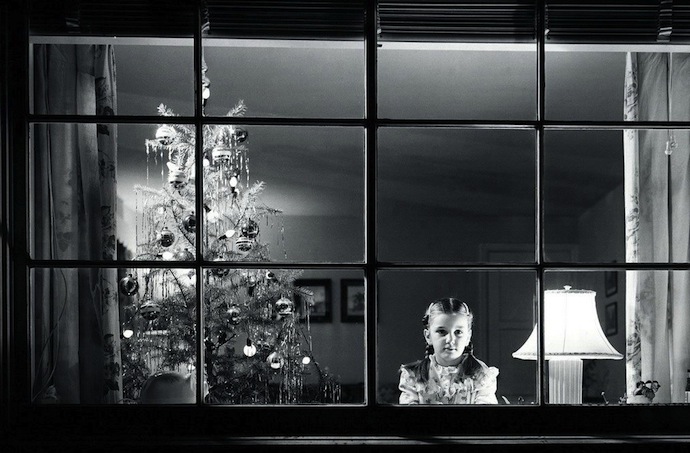
from December 2009
I’ve always put up a Christmas tree. Despite the halfhearted participation (and groaning) of my boyfriends, I’ve faithfully, right after Thanksgiving, headed out and bought (or here on Vashon, cut down) a tree to lug home. It’s a ritual I rarely miss.
After visiting India some years ago I returned home in the winter and the notion of putting a bauble-laden tree on display felt absurd. This is a rite of passage for anyone who ventures to India: Your brain cells are rearranged and you never view your world, or its customs, the same. I know that was true for me as a Westerner. Christmas in America, after the dust and squalor of India, felt gluttonous. So I skipped the holidays that year — though I missed having a tree in the house.
I enjoy the act of arranging the colors, textures and lights on a tree. It’s similar to making a painting, the alchemy of conjuring art. Simpler, but no less magical. I especially love the ricochetting of light amidst the ornaments, as it envelops the tree at nighttime. As I’ve grown older I’ve come to understand that the ritual of displaying a tree is a sacred act — although I’ve never fully understood why.
Most of us are familiar with the historical origins of the Christmas tree. Its association with the pagan rite of celebrating the solstice. When the light of the Sun ‘returns’ in the Northern hemisphere and begins its increase and ascent, the radiance grows stronger and longer through the ensuing months. Trees would be displayed to honor the burgeoning of light and life. And the fruits and trinkets that would decorate the tree honored the bounty, the wish of a successful harvest in the year to come.
And yet the historical perspective never impressed me much. I mean, none of those facts would drift through my mind as I’d lounge on the couch in the evening — no matter my age — and stare at the tree until I fell asleep. Nope, another set of mysterious associations would encircle me and send me into a reverie. And it wasn’t until I came to the conclusion of one of my favorite books this year that I began to make sense of my devotion.
Martha Heyneman‘s book The Breathing Cathedral is a fantastic interweaving of the cosmologies of Gurdjieff, Dante, Aquinas, Stephen Hawking and others, into a new model, a new interpretation of the universe we inhabit. I was drawn to the book because, as a longtime student of Gurdjieff’s teachings, I was intrigued to see how Heyneman, a zoology student turned poet, was bringing Gurdjieff’s teachings forward and marrying them to the world of science.
The last chapter of her book is titled O Christmas Tree, and at first the subject — the family Christmas tree — seemed an odd way to summarize all that she’d explored in the previous chapters. But in the end I understood completely. Read more






